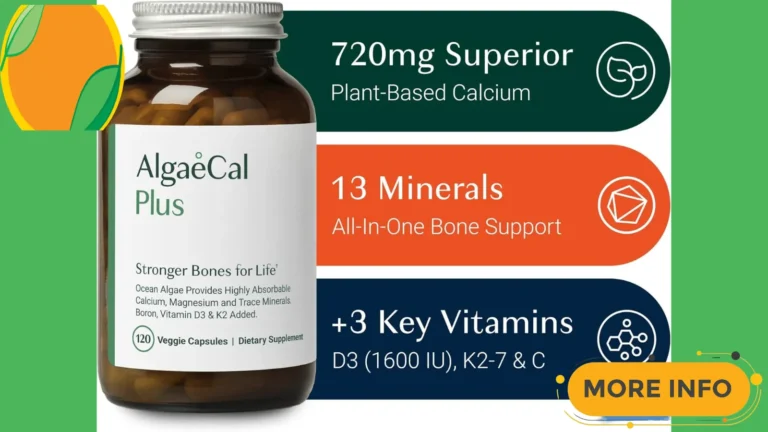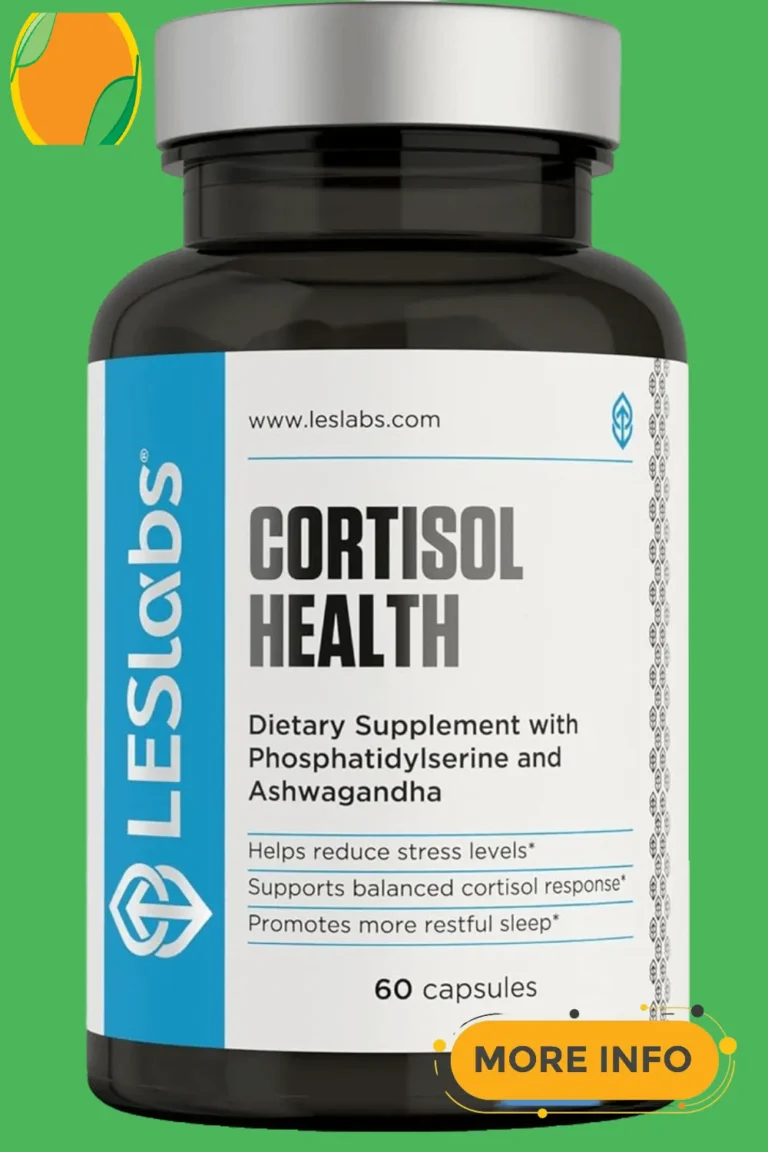Premium Tips For Your Vitamin Use Needs
Do you feel tired or lacking in stamina? Do you suffer from strange health problems that you just can’t seem to resolve? If so, your diet may be deficient in certain vitamins and minerals.
For some great tips on how to choose the right supplements, keep reading the following article to see Premium Tips For Your Vitamin Use Needs.
The more balanced your diet, the more of the necessary vitamins you will consume.
Get between 5 to 7 servings of fruit and vegetables every day.
If you can’t do this, you should try supplements to get some your vitamins and minerals.
In the fast-paced world we live in, it can be challenging to ensure we are getting all the essential vitamins and nutrients our bodies need to function at their best.
While a balanced diet is crucial, sometimes we may need a little extra help in the form of vitamin supplements.
However, with so many options on the market, it can be overwhelming to know which ones are best for your specific needs.
That’s where premium tips for your vitamin use come in.
In this article, we will provide you with expert advice on how to optimize your vitamin intake to support your overall health and well-being.
From understanding the importance of key vitamins and minerals to knowing how to choose the right supplements for you, we have got you covered.
Whether you are looking to boost your immune system, improve your energy levels, or simply maintain a healthy lifestyle, these tips will help you make informed decisions about your vitamin use.
So, sit back, relax, and let us guide you on the path to optimal health through premium tips for your vitamin use needs.
Consult healthcare provider before use
It is essential to prioritize your well-being and seek guidance from a healthcare professional before incorporating any new vitamins into your regimen.
A healthcare provider can evaluate your individual health status, existing medical conditions, and current medications to determine the compatibility of specific vitamins with your body.
This vital step ensures that you are taking the right supplements in the correct dosages, considering any potential interactions that may arise.
Consulting a healthcare professional before initiating any new vitamin regimen safeguards your health and contributes to an optimal and personalized approach to achieving your wellness goals.
Choose quality, reputable vitamin sources
When considering vitamin sources, opt for reputable brands and high-quality products to ensure efficacy and safety.
Reliable manufacturers adhere to stringent quality control standards and often undergo third-party testing to verify the potency and purity of their supplements.
Look for vitamins that are certified by reputable organizations, such as the US Pharmacopeia (USP) or ConsumerLab, to guarantee that they meet industry standards.
Additionally, reputable sources provide transparent information on ingredient sourcing, manufacturing processes, and potential allergens, enabling you to make informed choices about the supplements you incorporate into your daily routine.
By choosing quality, reputable vitamin sources, you prioritize your health and well-being while maximizing the benefits of your supplement regimen.
Follow recommended dosage guidelines strictly
Adhering to the recommended dosage guidelines is crucial to optimize the benefits of the vitamins you consume and ensure your safety.
Deviating from the suggested dosages can lead to adverse effects, as certain vitamins can accumulate to toxic levels in the body when taken excessively.
The dosages recommended by manufacturers are based on scientific research and are tailored to provide the intended health benefits without causing harm.
Therefore, it is essential to strictly follow the dosage instructions provided on the product labels or by healthcare professionals to maintain the balance of nutrients in your body and support your overall well-being.
By respecting the recommended dosages, you can harness the full potential of your vitamin regimen and safeguard your health effectively.
Consider individual needs during supplementation
When considering individual needs during supplementation, it is vital to recognize that each person has unique physiological requirements that may influence their response to vitamins.
Factors such as age, gender, existing health conditions, dietary habits, and lifestyle choices can all impact the efficacy of supplementation.
Some individuals may have specific deficiencies that require targeted supplementation, while others may require different dosages based on their nutrient absorption capabilities.
Consulting with a healthcare provider or a qualified nutritionist can help assess your individual needs and develop a personalized supplementation plan that addresses your specific health goals and concerns.
Tailoring your supplementation approach to meet your individual requirements can enhance the effectiveness of the vitamins you consume and support your overall well-being in a more targeted manner.
Monitor for any adverse effects
It is imperative to regularly monitor your body’s response to the vitamins you are consuming to ensure optimal health outcomes.
While vitamins are essential nutrients for various bodily functions, excessive intake or interactions with other medications can lead to adverse effects.
Common symptoms of vitamin overdose or toxicity may include digestive issues, fatigue, headaches, and allergic reactions.
Monitoring for any adverse effects involves paying attention to changes in your energy levels, digestion, skin health, and overall well-being.
If you experience persistent or severe side effects, it is crucial to seek medical advice promptly to address any potential concerns and adjust your supplementation regimen accordingly.
By staying vigilant and responsive to your body’s cues, you can maintain a safe and beneficial vitamin usage routine tailored to your individual needs.
In conclusion, ensuring the effective and safe use of vitamins is paramount to achieving optimal health and well-being.
By adhering to premium tips such as consulting with healthcare professionals, understanding individual requirements, and selecting high-quality supplements, individuals can maximize the benefits of their vitamin use while minimizing potential risks.
It is essential to approach vitamin consumption with diligence, knowledge, and a focus on overall wellness.
Remember, vitamins are valuable tools that, when used wisely, can play a significant role in supporting and enhancing one’s health journey.
FAQ
What are some premium tips for maximizing the absorption of vitamins and minerals from supplements?
To maximize the absorption of vitamins and minerals from supplements, it is advised to consume them with food to aid in absorption, avoid taking supplements with coffee or tea, follow recommended dosages, consider time of day intake (some are better absorbed in the morning), choose high-quality supplements with optimal forms of nutrients, ensure proper storage to maintain potency, and consult a healthcare provider before starting any new supplement regimen to avoid interactions or adverse effects.
Additionally, pairing certain nutrients together (like vitamin D and calcium) can enhance absorption.
Remember to listen to your body and adjust as needed.
How can you determine the right dosage of vitamins for your individual needs?
Determining the right dosage of vitamins for individual needs is best done through consultation with a healthcare provider or a registered dietitian.
Factors such as age, gender, overall health, specific health concerns, diet, and lifestyle all play a role in determining the appropriate dosage.
Additionally, blood tests can help identify any deficiencies or excess levels of vitamins, guiding the decision on the right dosage for each individual.
It is important to avoid self-diagnosing and self-medicating with vitamins, as improper dosages can have adverse effects on health.
What are some premium brands or sources for high-quality vitamins and supplements?
Some premium brands known for high-quality vitamins and supplements include Thorne Research, Pure Encapsulations, Metagenics, Life Extension, and Integrative Therapeutics.
These brands are often recommended by healthcare professionals for their rigorous quality control standards, use of pure ingredients, and scientific research supporting their products.
Additionally, sourcing supplements from reputable health food stores or online retailers such as Vitamin Shoppe, iHerb, and Vitacost can also ensure high-quality products.
Remember to consult with a healthcare provider before starting any new supplement regimen.
Are there any specific vitamins or minerals that are especially important for certain age groups or health conditions?
Yes, certain age groups or health conditions may require specific vitamins or minerals.
For example, children may need sufficient amounts of vitamin D and calcium for bone development, while older adults may benefit from vitamin B12 for cognitive function.
Pregnant women often require folic acid for fetal development.
Those with iron deficiency anemia may need extra iron, and individuals with osteoporosis may benefit from additional vitamin K and magnesium.
Consult a healthcare provider to determine the specific needs based on age and health conditions.
How can you ensure that you are getting the most benefit from your vitamin regimen, such as taking them at the right time of day or with certain foods?
To ensure the maximum benefits from your vitamin regimen, take them with a meal to enhance absorption, unless advised otherwise.
Certain vitamins are better absorbed with specific nutrients, like vitamin C increasing iron absorption.
Timing-wise, water-soluble vitamins are best taken in the morning due to their energy-boosting properties, while fat-soluble vitamins are better absorbed with dinner.
It’s essential to consult a healthcare provider for personalized guidance on the best timing and combinations for your specific vitamin needs.
The best source of vitamins and minerals are fresh fruit and vegetables.
Making sure that you eat at least five servings of vegetables and fruit every day can help ensure you get all of the vitamins and minerals you need to be healthy.
For the best results, eat them raw or very lightly cooked by steaming or poaching.
Thiamine, or vitamin B1, deficiency can cause neurological and psychiatric symptoms.
These symptoms can include weight loss, weakness, irregular heart rate and psychosis.
A vitamin B complex can ensure you receive the vitamin B1 you need, or you can eat pork, brown rice, liver, oatmeal, leafy vegetables, eggs and potatoes.
Do you want to be healthier? Eat more minerals and vitamins.
The more you care for yourself, the less you’ll have to see the doctor.
If you are planning on taking any vitamins and minerals, you should try to schedule them around mealtimes.
When you eat and digest your food, stomach acid is produced.
This can help break down any vitamins you are consuming, which means that they will be a lot more effective.
Vitamin supplement are essential these days.
Most of the food items for sale at the typical grocery store have been over processed, so many of the original nutrients have been removed.
Taking a natural multivitamin is one way to make sure you’re getting essential nutrients.
While most vitamins can be stored at room temperature, you should store oil-based and gummy vitamins in the refrigerator.
If you fail to do this, they may become sticky and clump together.
Since there will be no definitive way to break them apart, this would render the entire bottle useless.
Take your vitamins in the way that’s right for you.
While the best way to get vitamins and minerals is through food, you may have to take a supplement.
If you struggle swallowing pills, you could find smaller or chewable pills to take.
You can also use the powders that mix with water.
As adults, we all know how important vitamins and minerals are to our diets but what about our children? Despite the energy they often have, they are burning away what the body needs to promote health and fight off infection.
Remember to give your child vitamins in order for them to maintain good health during the growing years.
Make sure you choose your beverages wisely.
Try to avoid drinking a lot of coffee, tea, or soda.
These drinks all have caffeine, which can keep your body from absorbing certain vitamins and minerals like iron.
They can also cause you to increase secretion of water-soluble vitamins in your urine.
Although all vitamins and minerals are important, some are even more important for growing children.
When planning your child’s diet, make sure they are getting enough vitamins A, C and D, as well as the B vitamins.
Calcium and iron are also very important for your growing children’s bodies.
Do not take vitamins because someone you know is pressuring you to do so.
Everyone is not the same, which means that what works for one person may have an entirely different effect on another.
If you are concerned about your body lacking vitamins, you should consult your doctor to see what he would suggest.
Always tell your doctor if you are taking vitamin or mineral supplements when you are prescribed medication.
Some prescribed drugs interact with certain vitamins, which can lessen or increase the effectiveness of the drug.
This can have negative consequences on your body if you do not inform your doctor of supplements you are taking beforehand.
Do not purchase vitamins online unless you are sure that the seller is reputable.
There are many companies that create vitamins that contain fillers and very little of the necessary nutrients.
Knowing your seller can help you avoid this problem.
Do ample research before trusting an unknown entity with something as important as your health.
Not everyone absorbs vitamin B12 the same way, so you must be tested yearly to ensure you are getting what you need.
For example, some people absorb B12 from supplements easily, while others don’t and will need an injection instead.
B12 is important for heart health, so ensure your levels are good!
Eat only raw or steamed veggies.
Vitamins can be depleted in foods during the cooking process.
When cooking veggies, steaming provides a good consistency while preserving the nutritional value of the vegetables.
The frozen vegetables contain important vitamins and nutrients as well, but you must not overcook them.
Be careful when taking vitamins in addition to medications you were prescribed by a doctor.
There is a chance that they may not interact well together and cause some serious side effects.
Before taking any new supplements, you should do your research and consult your doctor to make sure there will not be any problems.
Don’t forget your children! Kids need supplements just as much as adults do, so be sure to pick up a natural, sugar-free option for them to take every day.
If you have kids who are picky eaters, they need the vitamins even more than anyone else, so pick something they’re willing to chew on.
As you can see, the importance of using the right dietary supplements cannot be overstated.
By adding in certain vitamins and minerals to your diet, you can give yourself a boost of energy and help your body stay strong and healthy.
Keep this information in mind for your next shopping trip.








